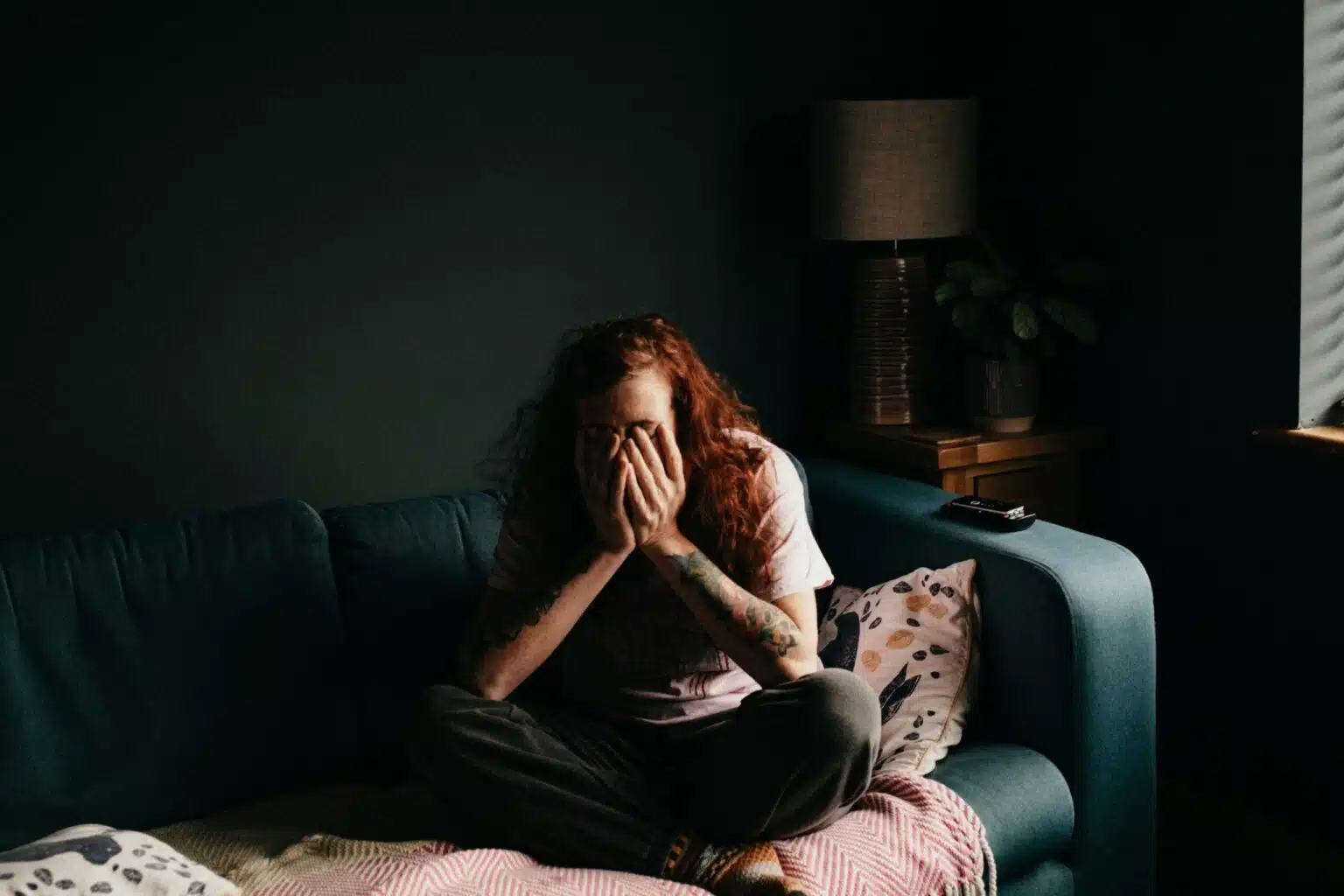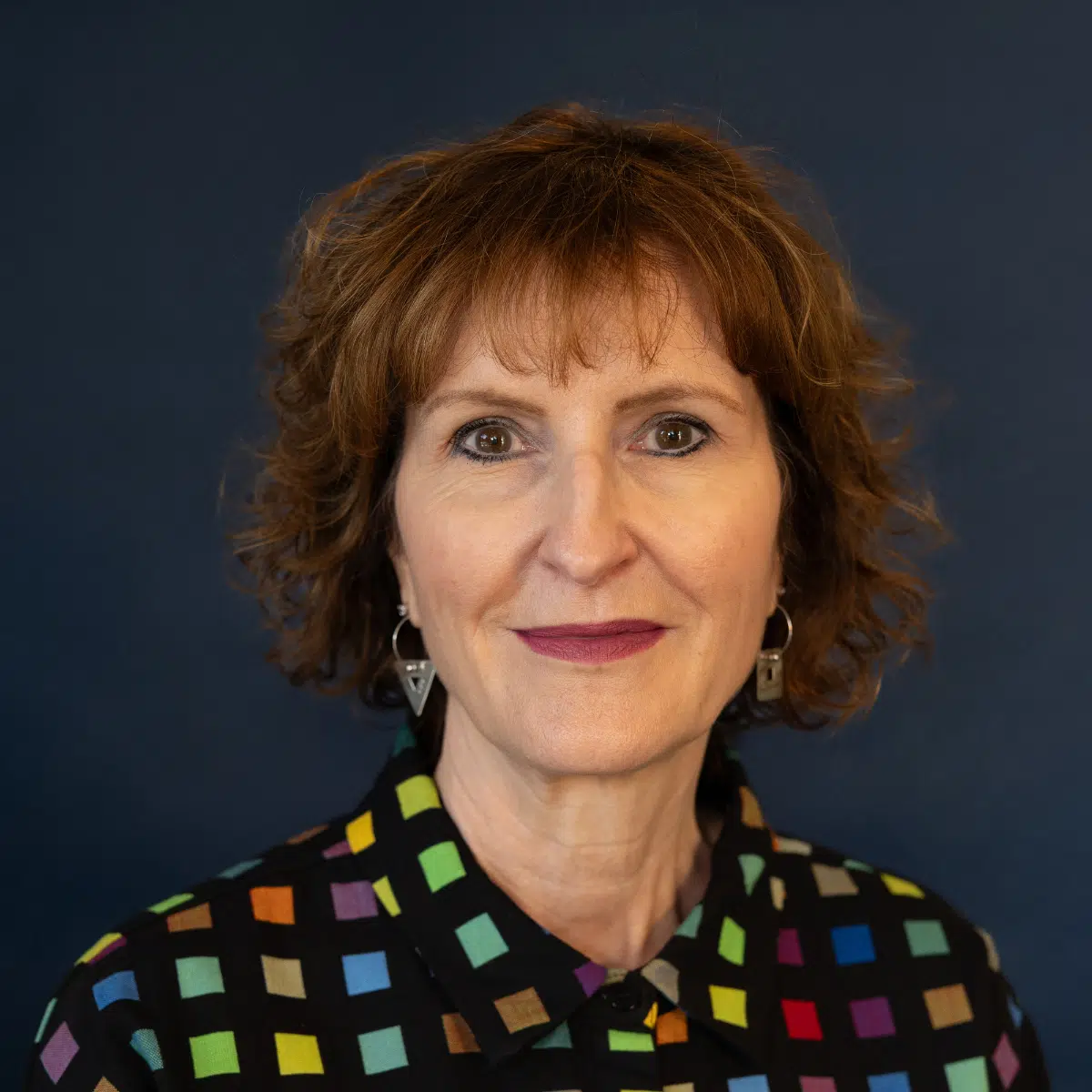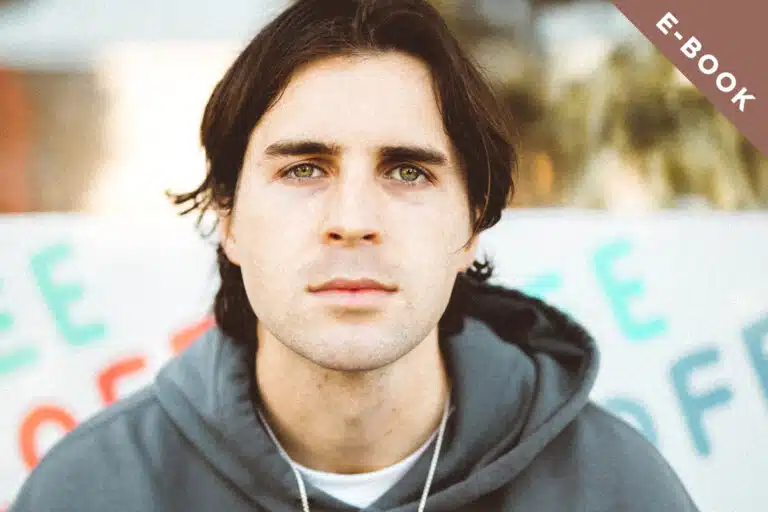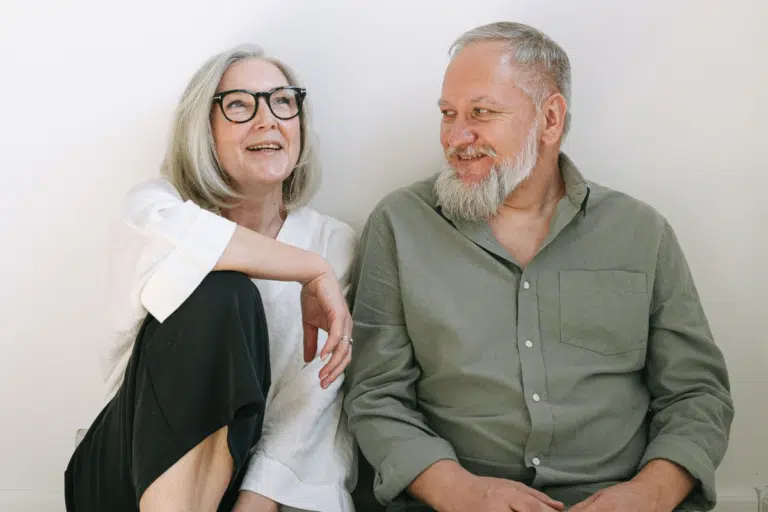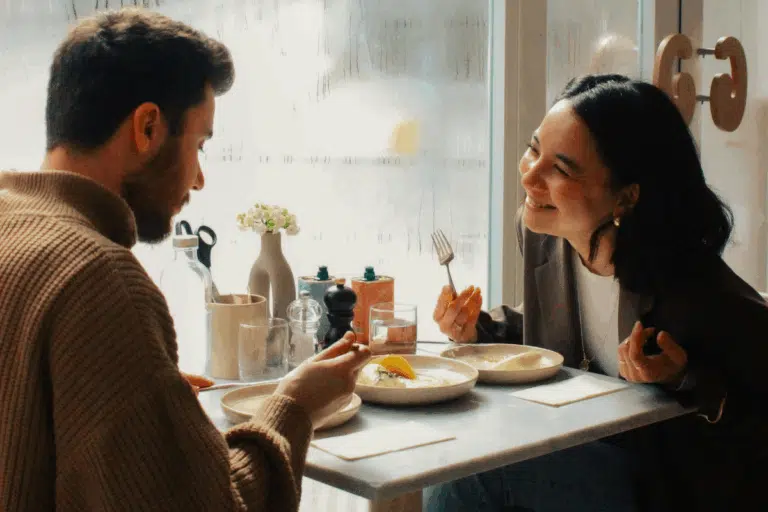Isolation, loneliness and poor social connection are critical drivers of mental ill-health, yet our response remains fragmented. In a stretched, medicalised system, people are assessed by their symptoms and severity, not as whole people in a social context.
Carers sitting outside the office door, or waiting at home – families, partners, neighbours, paid and unpaid – are often overlooked, despite being critical to both the problem and the solution.
For those new to mental health challenges, the system is complex, siloed and, ironically, isolating. Many leave their first appointment overwhelmed, holding a list of referrals to navigate alone. How can we expect people in distress to find their way through a structure that treats symptoms in parts while ignoring the whole?
Connection is Essential
For most of human history, survival depended on the village around us. As society has grown more individualistic, we’ve lost sight of how vital our connections are – not only for personal wellbeing, but for community health and resilience.
Carers are the glue that keeps a stretched system functioning. Too often they’re taken for granted or even blamed, despite being invaluable sources of support and insight. Their own health is frequently neglected – noticed only when they become patients themselves.
As a Clinical Psychologist and CEO of Relationships Australia NSW, I see both sides of the treatment spectrum. Over 25 years, I’ve seen how early intervention – giving people the skills and resources to build safe, healthy connections – can change lives.
Where conflict festers, relationships fray, and repetitive problems can’t be interrupted, mental health suffers. Social isolation affects not only individuals, but entire family groups, as friends fall away during prolonged struggles
Equipping people to air concerns, develop strategies for old problems and communicate more constructively can alter the trajectory of a life long before anxiety or depression take hold.
“"Equipping people to air concerns, develop strategies for old problems and communicate more constructively can alter the trajectory of a life, long before anxiety or depression take hold."
Elisabeth Shaw, CEO, Relationships Australia NSW
We see this every day. In our counselling rooms, the impacts of disconnection are on full display: couples in crisis, teenagers retreating to their rooms, older Australians experiencing abuse from a family member, carers becoming isolated.
We know that connection is protection, but strong relationships don’t happen by accident. They’re built through skills, support and ongoing effort.
A Crisis of Connection
Research increasingly backs what practitioners have long known. The World Health Organization defines health as “complete physical, mental and social wellbeing.” Yet the “social” remains an afterthought. Physical pain? See a GP. Anxiety? Get a psychologist’s referral.
But human beings are wired for connection. Social wellbeing is a pillar of health, as essential as physical and mental care. Relationships buffer stress, regulate our nervous systems, and hold us up through life’s toughest seasons.
Loneliness is now recognised as a global health issue. One in six people worldwide are lonely, contributing to an estimated 870,000 deaths annually. Its effects are visible everywhere – on the bus ride to work where no one meets each other’s eyes, in homes where couples feel unseen, and in friendships replaced by digital feeds.
Chronic loneliness disrupts the immune and digestive systems, heightens threat responses, and leads to long-term health impacts. Yet in our own survey, 48% of people experiencing relationship distress reported dealing with it alone.
So why do we treat social connection as peripheral, rather than central to mental health? Why isn’t relationship support as accessible and normalised as seeing a GP?
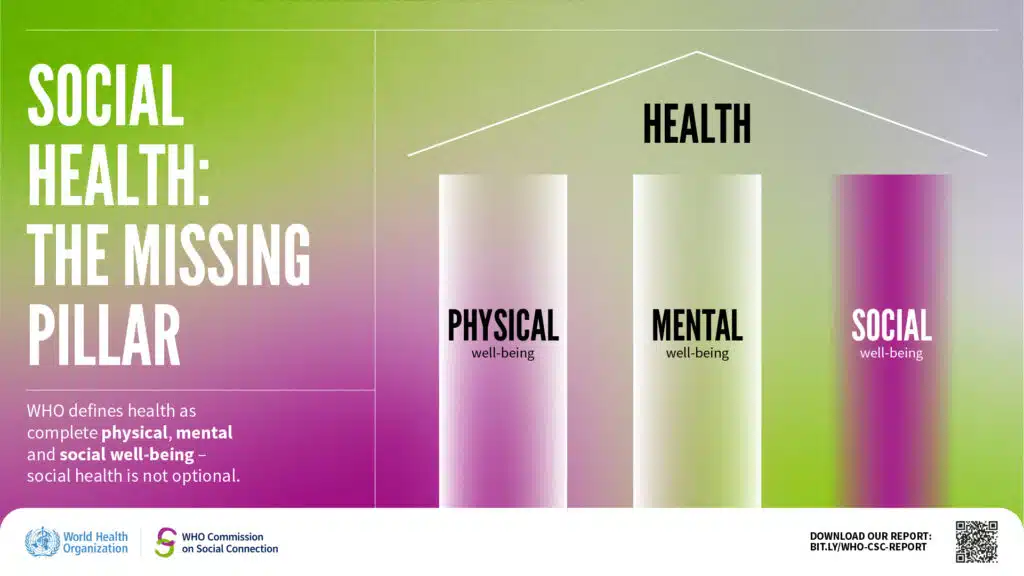
Integrative Models are The Way Forward
Despite persistent shortcomings in the mental health system, there are signs of change. Many of the Federal Government’s new Mental Health Hubs are testing integrative models, placing relationship services and lived experience practitioners alongside psychologists.
Next week, a new Medicare Mental Health Centre opens in Campbelltown, NSW, embedding relationship support within clinical care in a new way. As more hubs open across NSW, we see real potential for collaborative, side-by-side services that seamlessly work together to address the needs of the whole person and their social world.
It’s a promising shift – but it’s just the beginning. If we want lasting change, relationship support must sit at the heart of the mental health system, not on its fringes.
After decades of listening to people at their most vulnerable, one lesson stands out: people don’t need perfect lives to thrive. They need strong, supportive networks, and systems that recognise their importance.
Inextricably entwined – when we invest in relationships, we invest in mental health.


